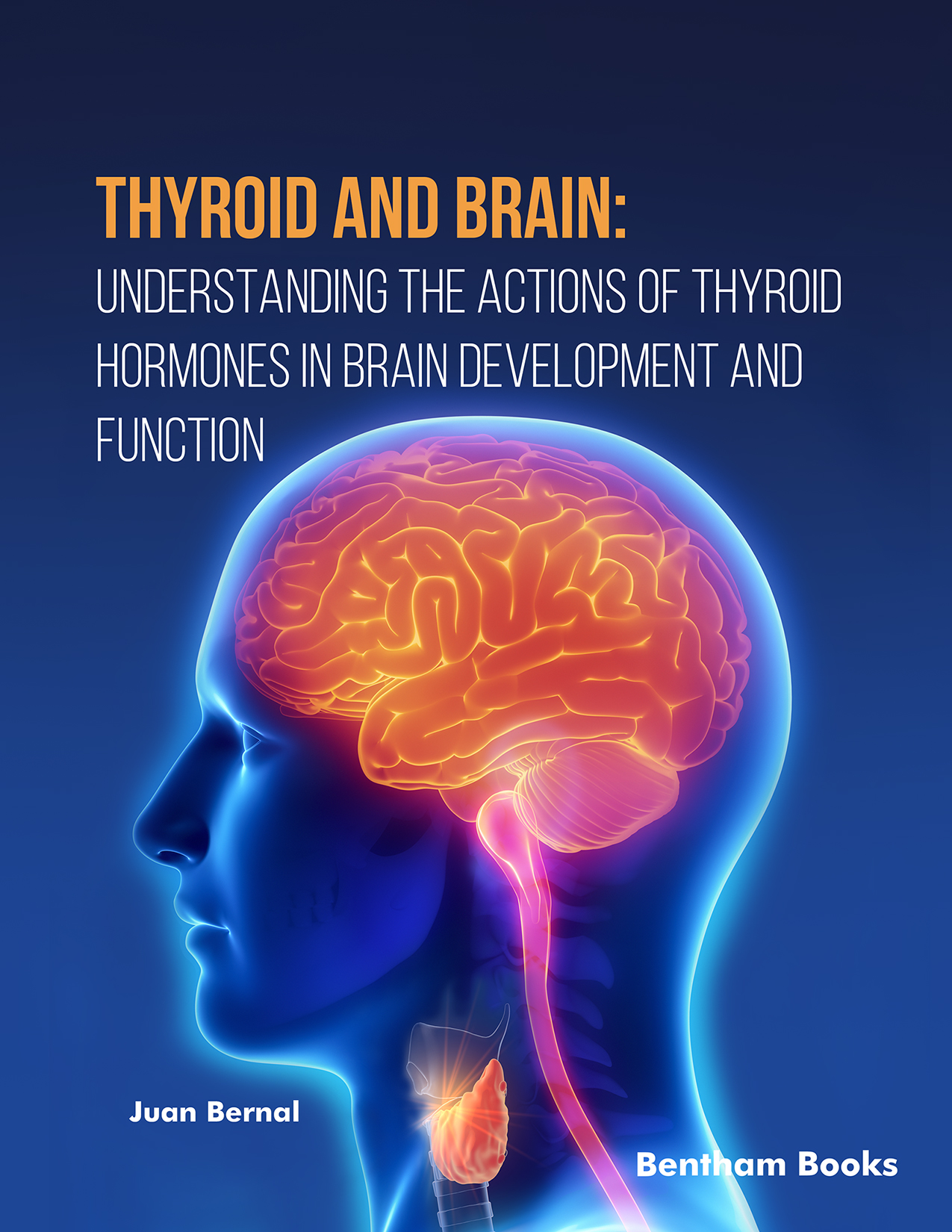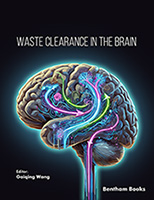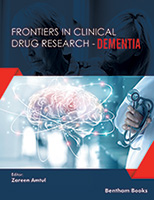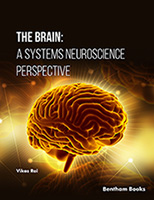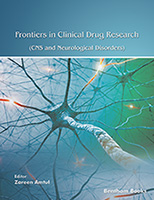Introduction
This comprehensive textbook offers an in-depth exploration of how thyroid hormones influence brain development and function, particularly on cellular and molecular mechanisms. Readers will find current insights into the complex interplay between the thyroid and neurological systems, making it a valuable resource for researchers, advanced learners and clinicians in the fields of endocrinology, neuroscience, and developmental biology.
The book starts with a review of thyroid physiology, setting the stage for subsequent chapters that cover specific topics such as the impact of maternal thyroid hormones on fetal brain development and the effects of iodine deficiency. From here, the book progresses to cover the regulation of brain gene expression, neuronal and glial cell differentiation, and myelination by thyroid hormones, and how thyroid hormones shape the brain. Finally, the book addresses the link between thyroid dysfunction and mood disorders.
Key features
- - A thorough examination of the historical and the latest research findings through 14 chapters
- - Clear explanations of molecular pathways
- - Emphasis on both theoretical knowledge and practical applications
- - Detailed and research-focused content scientific references for further reading
This textbook is an essential resource for pharmacy students, specialist assistants, and anyone pursuing a career in clinical pharmacy.
Readership
Medical students, residents, researchers (neuroscience and developmental biology), and healthcare professionals (neurologists and endocrinologists) who need to understand the regulation of brain development by thyroid hormones and the treatment of thyroid-related neurological conditions.

